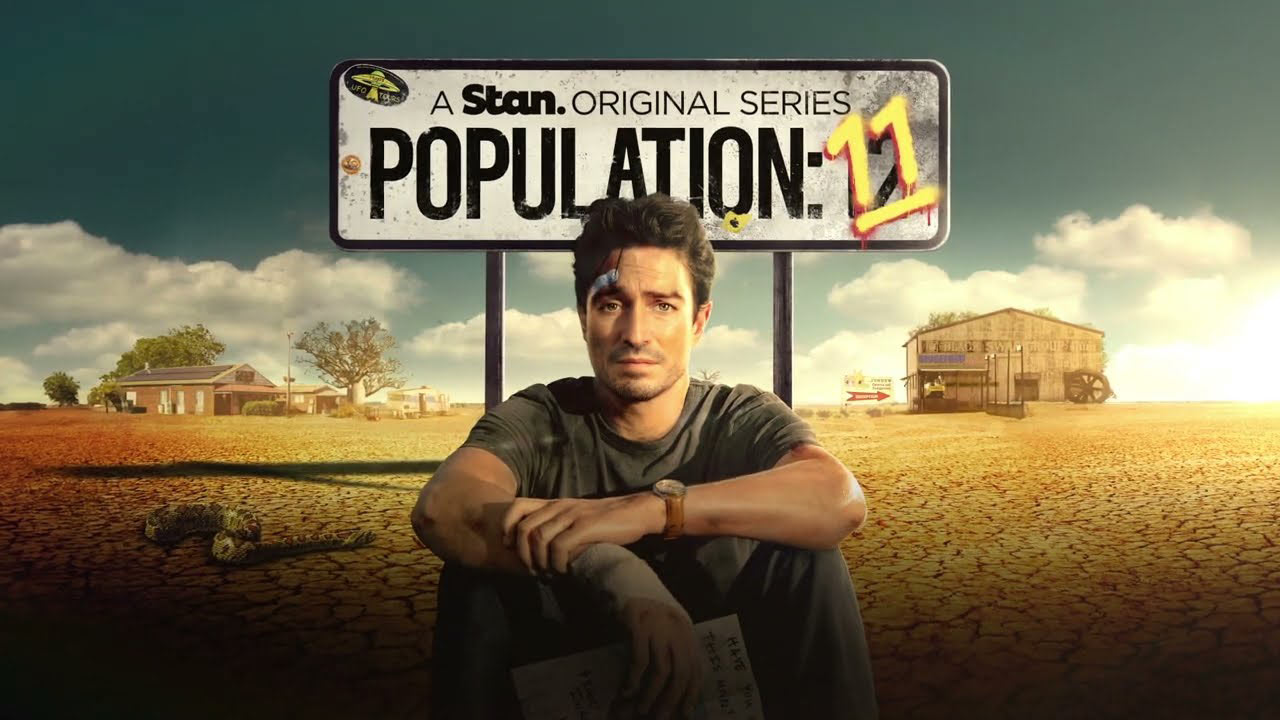Subscribe
If your business has child employees who are under the age of 15 years, you need to understand the impact of the legislative changes and how to comply
From July 2023, child employment in Victoria underwent significant legal changes, directly impacting many small and medium-sized businesses. While there may be advantages and disadvantages for your organisation, it’s also important to understand the effect of the new laws.
Why did the Victorian child employment laws change?
The Victorian Child Employment Act has always aimed to protect young workers from exploitation while allowing them to perform jobs that foster skill development and independence. However, the 2021 review of the laws highlighted the need for “a fair and consistent safety net” for child employment. The 2023 changes aim to address this, boost safeguards, and streamline administration.
An example of this is the new licence system. The old laws required employers to have individual permits for every child employee. It imposed a greater administrative burden on some industries that regularly engage child workers. For example, in the entertainment industry, if many children were performing on stage simultaneously, each child had to be covered by an individual permit. However, the process is now simplified. Permits have been replaced by general licences that cover multiple child employees.
The Victorian Government was also mindful of tightening the laws to protect children against exploitation, for example, pressure to work in illegal or dangerous situations and wage theft.
What are the key changes to child employment laws in Victoria?
The legislation covers the employment of children under 15 years of age.
The main changes to child employment laws in Victoria include the following:
Employment | The definition of “employment” now says that a child under the age of 15 is employed if they work: - For the benefit of the organisation or a person involved in the organisation. |
Age | Children must be at least: - 11 years old to deliver newspapers and pamphlets There’s no age limit for work in the entertainment industry, for example, theatre, films and modelling. However, your organisation must comply with the code of practice. |
Licence | Your business must have a licence if it employs a child under the age of 15 years. You must satisfy the requirement that you’re a “fit and proper” person to employ a child. - The Wage Inspectorate of Victoria (WIV) issues licenses and oversees child employment. |
Supervision | To supervise a child employee, you must: - Be an adult and have a Working with Children Check. |
Work hours | Child employees: - Must not work during school hours. There are strict rules about when child employees can work and for how long. |
Safety | Children must be protected from harm in the workplace, such as abuse and neglect. They also have the protection of workplace health and safety laws. |
Consent | Parents or guardians must consent to the child doing the work. |
Penalties | There are penalties for various breaches of child employment laws, including: - Employing a child when your business doesn’t have the required licence. In 2023, the new fines for breaches of the laws are: - Around $230,000 for corporate employers (this is a ten-fold increase). |
Compliance | The WIV now has the power to issue compliance notices for any breaches of the laws. Usually, the notice will allow the employer to fix the problem before a penalty is applied. |
Visit the Victorian Government’s information page to learn more about the new laws.
What are the advantages and disadvantages of the new laws regulating child employment in Victoria?
As with any legal changes, the new laws present advantages and disadvantages for business.
Advantages include:
- A single licence replaces individual permits, helping to reduce paperwork and boost efficiency.
- The WIV’s Child Employment Register is publically available, allowing parents and guardians to check on licensed employers for compliance and safety. It also represents a marketing opportunity for employers who want to be known as safe employers for children.
- Penalties provide more deterrents for non-compliant employers who illegally undercut compliant businesses.
On the other hand, there are some disadvantages to consider:
- The stricter rules may be a barrier to some businesses employing children.
- The broader definition of “employment” could see some businesses being non-compliant even if they’re unaware of their non-compliance.
- The WIV may experience higher demand for licences, so getting a child employment licence may take longer.
- If your business must make any changes to comply with the new laws, there may be extra costs.
- WIV will likely need more funding to monitor child employment practices for compliance, yet the Government doesn’t seem to have commented on allocating more resources.
What should I do next?
If your business employs children, you must review every stage of the employment process to ensure compliance with the new laws. It’s a significant overhaul, but your business may benefit from reduced administrative burdens while improving workplace safety and regulatory risk management.
Subscribe




